Calling and the Disciple
Many of us grapple with the question of ‘what is my calling?’ We have all met that person who has known with 100% certainty what their calling is from a young age and it often leaves us feeling anxious and confused for ourselves. Is it possible to know God’s will for your life?
Most definitely yes!
Let me explain, there are two types of calling that Jesus gives to each of us. The first is our Primary Calling. You will find that the word ‘Calling’ is used 51 times in the scriptures. 46 of these refer to becoming a Christian (e.g., Romans 1:7); 4 to living a holy and peaceful life (e.g. 1 Peter 1:15); 1 refers to the station which we have been appointed (1 Corinthians 7:20).
Our ultimate calling is to be ‘In Christ.’ Every Christian can answer the question “what is my calling?” in the same way. We have first and foremost been called to Jesus Christ.
This is important for all of us because it makes the profound point that your identity is not in what you do: We can define ourselves with ‘I am a teacher, a policeman, a student etc’. However, if you are a Christian your identity does not come from what you do but who He has made you to be: the foundation that you are a beloved, chosen, child of God and nothing else.
It is also important because we often slip into believing that what we do is more important than who we are. So not only does our identity get caught up in what we do but so does our worth. We place our value in how well we do our job and carry that into our discipleship in Christ, operating from the mindset that Jesus’ acceptance, love and favour are based on our performance.
Alongside this, we also have what I will call ‘Secondary Calling’: specific works God has planned for us to walk in. We see throughout scripture also that God calls individuals into his plans; just look at Abraham, Moses, Joshua, Deborah, Gideon, David, Esther, Jonah, Mary, Paul, Peter etc.
Why is a secondary calling important?
Clarity: Know the will of God
God is not a God of confusion: he wants us to live with clarity over His purposes for our lives. To know our secondary calling helps us give our time and energies to the right things.
Confidence: Walk in the will of God
We can also live our lives with the confidence that we are giving ourselves to something worthwhile. No matter what your secondary call is, if you’re confident the Lord has led you into academia, healthcare, home life, business, church etc. then you can serve there confidently and have the confidence to say no to other good things when you don’t feel God’s leading.
Courage: Stand Firm in the will of God
Just because we know what God has called us to does not mean it will be easy. Following the Lord’s calling will lead to hardship, persecution, affliction, pain and sorrow. Knowing that God has called you into it will help you to stand strong, to patiently endure and not lose hope.
How can we discern the call of God?
1. Opportunities: Opened and Closed doors
Throughout the book of Acts, the Lord’s No and Yes were clear to the apostles as they journeyed, often through opportunities opening and closing. However, it is important to seek God’s guidance alongside these. Just because you have been offered that job does not necessarily mean God is opening that door; likewise just because you’re encountering challenges doesn’t mean God is saying no. Create space to hear His voice and seek His leading.
2. Need: Gospel Priorities
Whatever your secondary calling is, you can be confident that the Lord will be using it to send you out into the harvest field. Ask yourself: “Will this help or hinder me in making disciples?”
3. Desire: God-given & God-focused
We can sometimes picture God as a big party pooper in the sky who will call us away from what we love. Actually, what we see in the scripture (e.g. Psalm 37:4; Psalm 40:8) is that, when considering calling, we should understand that our desires are given to us by God; that as we grow as disciples, in intimacy and affection for him our desires will increasingly align with His. How can you know your call? Know God!
4. Counsel: Sought after & humbly received
God has placed us in community and the church plays an important part in helping us know our calling (e.g. Proverbs 15:22). Seek input from others, ask trusted friends and wise counsellors what they think- and be open to receiving their input even if you disagree. Invite their input and embrace their wisdom.
5. Willingness: costly & faith-filled
The disciple is called to Christ not to comfort; our calling will come at a cost and will need faith. Ensure that you are counting the cost of the call. If you can achieve this call on your own then it’s not from God.
